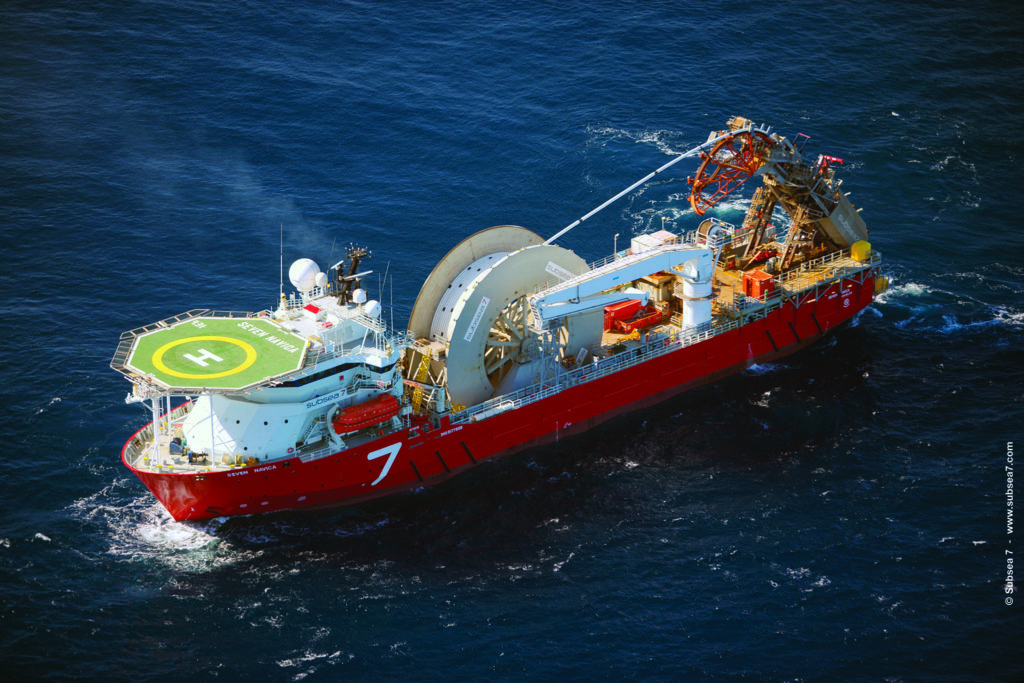
Oil field service firm Subsea 7 said today that it had clinched a contract worth tens of millions of pounds for Shell’s Penguins field redevelopment in the North Sea.
Subsea 7 will make and install a range of equipment for the asset, located 150 miles north-east of Shetland.
The Luxembourg-registered company said project management and engineering work would start immediately in Aberdeen, with support coming from its specialist technical pipeline group in Glasgow.
Subsea 7 did not provide an exact contract value, but said it was in the range of £35-£110 million.
The company said no new jobs would be created by the work.
North Sea operators are expected to commit to 12-16 new field developments in 2018. Supply chain companies are hoping to reap the benefits of the fresh investment after several tough years.
Subsea 7 will make pipeline bundles, flowlines and control systems for Penguins, as well as a 5.5-mile-long gas export pipeline, a flexible riser system, a dynamic umbilical riser system and associated subsea tie-ins.
Offshore activities are scheduled for 2020 and 2021.
Jonathan Tame, Subsea 7’s vice-president, UK and Canada, said: “Following the successful conclusion of a competitive design competition, we are pleased to have the opportunity to bring our extensive expertise to a project of this importance.
“In doing so it demonstrates Shell’s confidence in our value-adding solutions, and continues a successful North Sea collaboration that has been in place since 1984.”
Anglo-Dutch energy major Shell made a final investment decision on the project in January.
At the time, Steve Phimister, Shell’s vice president for upstream, UK and Ireland, said the construction phase would create work for 300 to 400 people in the UK.
The project involves the construction of Shell’s first new manned installation in the northern North Sea in almost 30 years.
The Penguins cluster was first developed in 2002 and produces via a subsea tieback to the Brent Charlie platform.
The aging Charlie platform is expected to retire in a few years, which means Shell needs another way of producing from Penguins.
Eight new wells will be drilled and tied back to the new floating production, storage and offloading (FPSO) vessel.
Recommended for you

